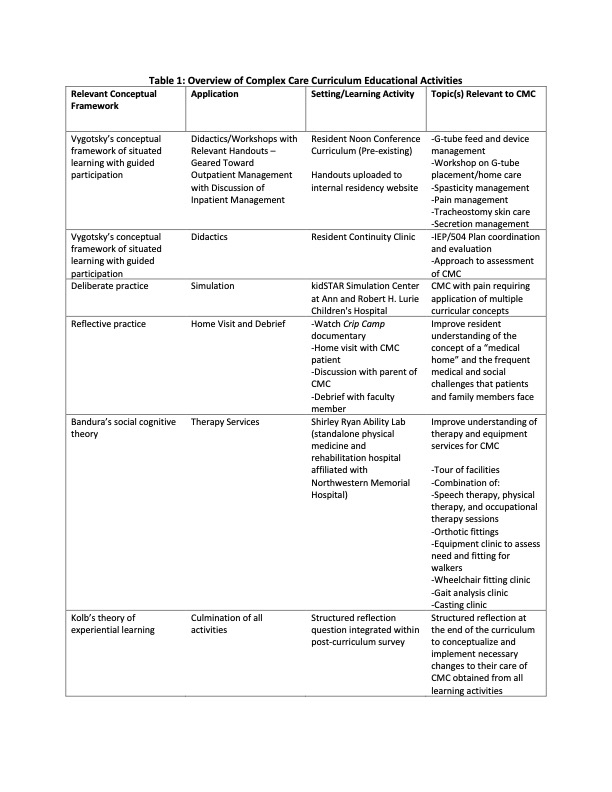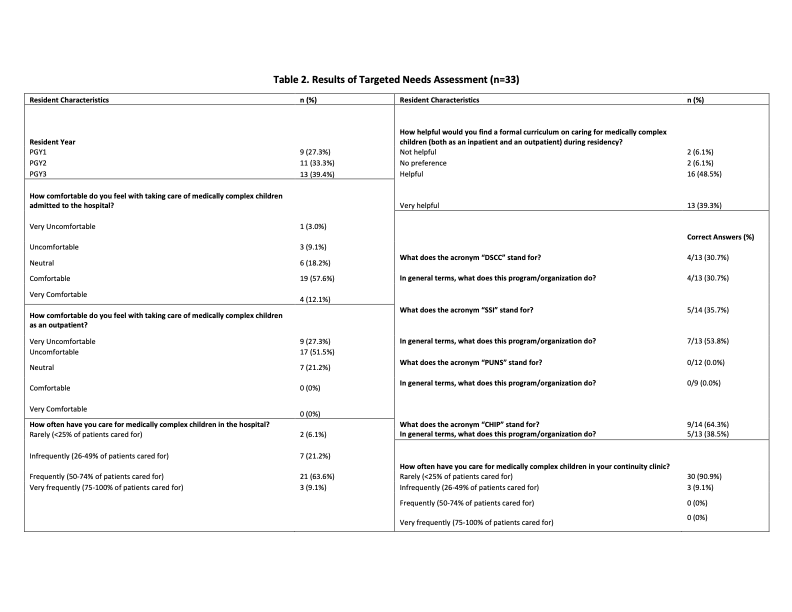Medical Education: Resident
Medical Education 10: Resident 3
537 - Creation of a Novel Pediatric Resident Curriculum Addressing the Medical and Social Needs of Children with Medical Complexity
Sunday, April 30, 2023
3:30 PM - 6:00 PM ET
Poster Number: 537
Publication Number: 537.324
Publication Number: 537.324
Lucas Bruton, Ann & Robert H. Lurie Children's Hospital of Chicago, Chicago, IL, United States; Jennifer Grage, Ann & Robert H. Lurie Children's Hospital of Chicago, Chicago, IL, United States; Joely A.. Mass, Ann & Robert H. Lurie Children's Hospital of Chicago, Chicago, IL, United States; Michael B. Spewak, Ann & Robert H. Lurie Children's Hospital of Chicago, Chicago, IL, United States; Mary E. McBride, Ann & Robert H Lurie Childrens Hospital of Chicago, Chicago, IL, United States; Carolyn Foster, Northwestern University The Feinberg School of Medicine, Chicago, IL, United States

Lucas Bruton, MD (he/him/his)
Advanced Clinical Fellow
Ann & Robert H. Lurie Children's Hospital of Chicago
Chicago, Illinois, United States
Presenting Author(s)
Background: Children with medical complexity (CMC)—children with chronic conditions leading to disability and device dependence—are frequently encountered by pediatric trainees. CMC face unique barriers to care and are at higher risk for challenges regarding social influencers of health. To our knowledge, no longitudinal curricula exist for pediatric residents that marry medical management of CMC with relevant social needs. We created a resident curriculum for the comprehensive care of CMC to address this gap.
Objective: Trainees and practicing pediatricians have expressed discomfort in caring for CMC; our goal is to increase resident competence in both medical and social aspects of CMC care as measured by knowledge and confidence, as well as faculty knowledge and perception of residents’ confidence.
Design/Methods: Using Kern’s six-step method of curriculum development, a targeted needs assessment survey was sent to pediatric residents at our large academic children’s hospital in the 2021-22 academic year. A longitudinal curriculum using multiple conceptual frameworks and adult learning theory principles (Table 1) was developed and implemented at our program from 6/2022–6/2023. The curriculum will be evaluated using pre- and post-surveys of pediatric residents assessing knowledge about and confidence in tasks related to CMC care based on recently published entrustable professional activities. Faculty were sent similar questions to assess their own confidence and perceptions of residents’ confidence in the care of CMC. Presented results include pre-surveys; post-surveys will be sent in 6/2023.
Results: Residents had a range of comfort levels with several aspects of CMC care in the hospital, with 69.7% comfortable/very comfortable caring for CMC overall. Yet in the outpatient setting, 79.9% felt uncomfortable/very uncomfortable with the same aspects and 78.8% were uncomfortable/very uncomfortable overall (Table 2). No more than 38.5% of residents correctly identified the name and function of common social services available to CMC. Residents overall felt too little educational time is dedicated to CMC. Faculty were confident in their own ability to care for CMC but perceived that residents were not confident in their abilities in the same areas.
Conclusion(s): Pediatric residents at our program feel uncomfortable caring for CMC, especially in the outpatient setting, and are unaware of available resources to assist with important social needs. Integrated, longitudinal training addressing medical and social aspects of CMC care grounded in adult learning theory and conceptual frameworks makes this curriculum novel.


